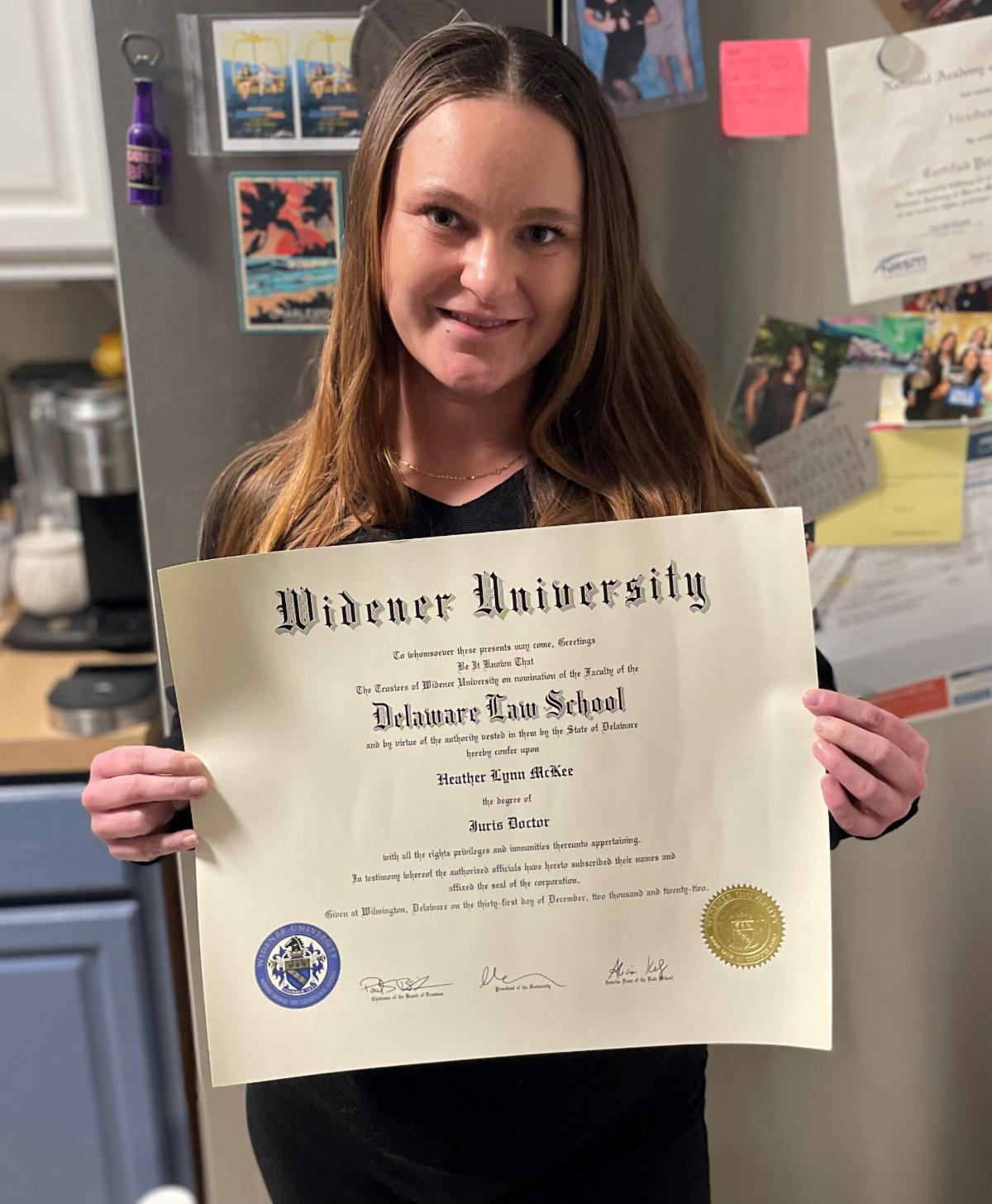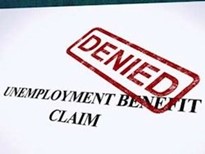|
The Superior Court clarified the applicable proximate cause standard when a negligence-based case allegedly results in death by suicide. In doing so, the Superior Court addressed standards adopted by various other jurisdictions, as well as a limited line of Delaware caselaw. The Court recognized three competing approaches with respect to liability for injury-based suicide: (1) an outright denial to recovery under the theory that suicide is always an intervening act; (2) an approach based on Restatement (Second) of Torts § 455, which permits recovery when “negligently inflicted injury leads to delirium or insanity, which in turn leads to suicide,” or (3) permitting recovery if suicide is “a reasonably foreseeable consequence of the negligently inflicted injury, regardless of the sanity or insanity of the tort victim.” See Porter v. Murphy, 792 A.2d 1009, 1014 (Del. Super. 2001).
The Court in Porter adopted the second approach, but with modification to what was deemed “archaic” language and instructed the jury: “If the negligence of the Defendants cause[s] mental illness which results in an uncontrollable impulse to commit suicide[,] then []the Defendants may be held liable for the death. On the other hand, if the negligence of the Defendants only causes a mental condition in which the injured person is able to realize the nature of the act of suicide, and has the power to control it if he so desires, the act then becomes an independent intervening force and the Defendants cannot be held liable for the death.” Id. at 1011, 1015.
The Court in Healy was asked to instead apply what was arguably a lower standard of causation found in Delaware Tire Center v. Fox, a case on appeal from the Industrial Accident Board following a work related accident. 411 A.2d 606 (Del. 1980). The Delaware Supreme Court in Delaware Tire reasoned instead that “[d]eath by suicide would be compensable if it is caused by severe pain and despair which proximately results from a compensable accident, and is of such a degree so as to override normal and rational judgment.” Id. at 607.
The Court here disagreed that the standards were different, and notes instead that the Porter Court had already considered Delaware Tire and concluded that “pain and despair that overrides normal and rational judgment” was “substantially the same as the ‘uncontrollable impulse’ instruction.” Porter, 792 A.2d at 1015-16. Regardless, the Court in Healy reasoned that even if Delaware Tire set forth a lower burden than Porter, such distinction may be appropriate because the workers’ compensation statute is intended to be remedial and not based in negligence; whereas the Porter standard, if different, is more appropriate in a negligence case.
The Court concluded that Plaintiff’s expert here had provided an opinion sufficient to meet the “uncontrollable impulse” standard and thus denied Defendant’s motion for summary judgment.
James Healy, Jr. v. Fresenius Medical Care Northern Delaware, LLC, et al., C.A. No. N20C-04-227 AML (Del. Super. January 31, 2023)
**Heckler & Frabizzio and the Delaware Bar take suicide and suicide prevention seriously. If you or anyone you know is in distress, at risk for, or contemplating suicide, please call the Suicide & Crisis Lifeline at 9-8-8.
|




